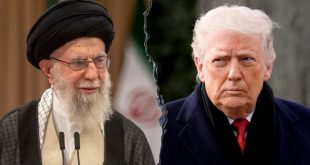International sporting events have also been stages for political confrontation. The U.S.-led boycott of the 1980 Moscow Olympics and the Soviet boycott of the 1984 Los Angeles Games are stark reminders of how sports can become a battleground for Cold War politics. On the other hand, “ping-pong diplomacy” in the 1970s helped thaw relations between the United States and China, showing how sports can also open doors for peace.
Politics and sports intersect at the level of identity, too. Debates around gender equity, racial representation, LGBTQ+ inclusion, and national symbols often play out in stadiums and on screens. For many marginalized communities, victories on the field symbolize victories off it, reinforcing struggles for equality and recognition. Politics also shape the economics of sports—through funding, labor rights, stadium subsidies, and broadcasting regulations. Decisions on who gets to host major events involve political lobbying, international negotiations, and sometimes corruption scandals, as seen in controversies around the awarding of World Cups and Olympic Games.


